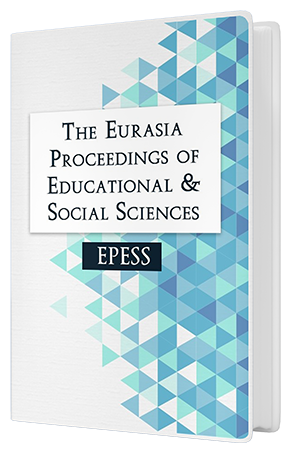EXPLORING THE GRAPHS OF FUNCTIONS USING THE JIGSAW APPROACH
Keywords:
Cooperative learning, jigsaw approach, secondary mathematicsAbstract
Cooperative learning is a strategy that involves students working together towards achieving a common goal. This learning technique can be carried out in various ways and one such method is by the jigsaw approach. In the jigsaw approach, students become experts in a particular concept and then share their knowledge with other group members. The purpose of this study is to investigate how effective the jigsaw approach is in improving students’ performance levels in Mathematics, in particular, in the topic of graphs of functions. This mixed method action research study involves two cycles, conducted in two different local government schools in Brunei Darussalam. Cycle 1 involves a Mathematics class of 19 students and Cycle 2 with 25 students, and both at the Year 10 level. A pre-test and post-test design was used for this purpose. Students’ perceptions on cooperative learning were also studied. The results of this study suggest that the jigsaw approach does have a positive effect on students’ performance levels in Mathematics. Cooperative learning needs to be practiced more in classrooms as it helps in the development of 21st century skills for the studentsDownloads
Published
Issue
Section
License
Copyright (c) 2016 The Eurasia Proceedings of Educational and Social Sciences

This work is licensed under a Creative Commons Attribution-NonCommercial-ShareAlike 4.0 International License.
The articles may be used for research, teaching, and private study purposes. Any substantial or systematic reproduction, redistribution, reselling, loan, sub-licensing, systematic supply, or distribution in any form to anyone is expressly forbidden. Authors alone are responsible for the contents of their articles. The journal owns the copyright of the articles. The publisher shall not be liable for any loss, actions, claims, proceedings, demand, or costs or damages whatsoever or howsoever caused arising directly or indirectly in connection with or arising out of the use of the research material. All authors are requested to disclose any actual or potential conflict of interest including any financial, personal or other relationships with other people or organizations regarding the submitted work.




